It has been seven weeks since I stammered, in disbelief, through the Baggage Claim of the San Francisco International Airport to greet my mom, dad, and sister, for the first time since departing for Matagalpa, Nicaragua.
I wasn’t excited to reintegrate into a culture I had become so unfamiliar with. My heart ached to return to a country that I had grown to love so deeply, and I felt a pang in my chest as I stood face to face with the reality of the American lifestyle and culture I was so intricately woven into.
The Spanish language was heavy and fresh in my mouth after 6 weeks, and the English words being tossed so effortlessly around me caused my annoyance to spurt. The culture-shock I experienced came fast.
To this day, I have moments of nostalgia, whereupon I wish I was back in the beautiful community of La Pacayayona, with my loving Nicaraguan family who taught me more about life in six weeks than I had learned in 16 years.
The beloved community was small, with a total population of 500 people. The streets were soggy from constant rainfall, but the mountains were the greenest I had ever seen. The houses were unsurprisingly tiny, as the community members constructed them with bare hands. Most homes had irrigation systems running outside, where they would take buckets to an outdoor faucet to collect water.
My Nicaraguan family bucket-bathed in freezing water, and lived in a small wooden house built from boards nailed loosely together. The floors they walked on were dirt, and the main living room had no walls, so rain could enter with ease. They lived without mailboxes or addresses, and electricity, at best, was spotty and dysfunctional.
Being amongst people who live such simple and routine lives- devoid of modern luxuries like warm water, well-paying jobs, and strong education system, but filled with love, hope, and vitality- prompted me to question traditional American values and their supposed “benefits.”
Nicaraguans had vast amounts of free-time, and their social circles were the most open yet close-knit I had ever seen or experienced. Although my first two weeks were spent being observed by seemingly every person in La Pacayona, I eventually grew to feel like an accepted person, a sister and a friend, instead of a spectacle.
My community lacked a strong, foundational education system- high school only happened once a week on Saturdays. Yet, the lack of intellectual focus created more space for valuable interpersonal relationships. Foreigners like to joke about “Nica-time”, the concept that everything important in Nicaragua happens 45 minutes later than it’s supposed to. Nicaraguans are intensely focused on the present- a sharp contrast to the future-oriented mindset that characterizes Americans.
My Nicaraguan summer has allowed me to revise and rewrite my personal values. I’ve prioritized personal relationships and my well-being over a craving for materialistic signs of accomplishment. More so, I’ve realized that adopting the mindset of a present-oriented person has allowed me to manage my time wisely and limit the competitive feelings I have towards classmates and even my younger sister.
I’ve found that competition has one harmful side effect: the ability to undermine and question themself and their abilities, and after a particularly draining and debilitating Sophomore year filled with long, stressful nights, my experience in Nicaragua has transformed the way I view American society and its (sometimes) superficial values.

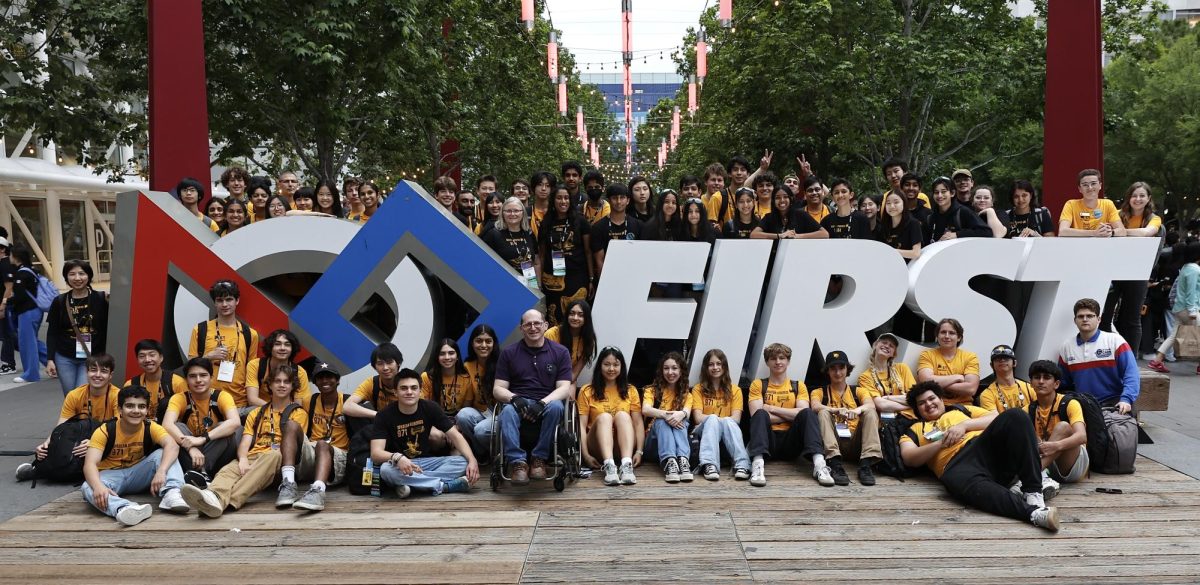
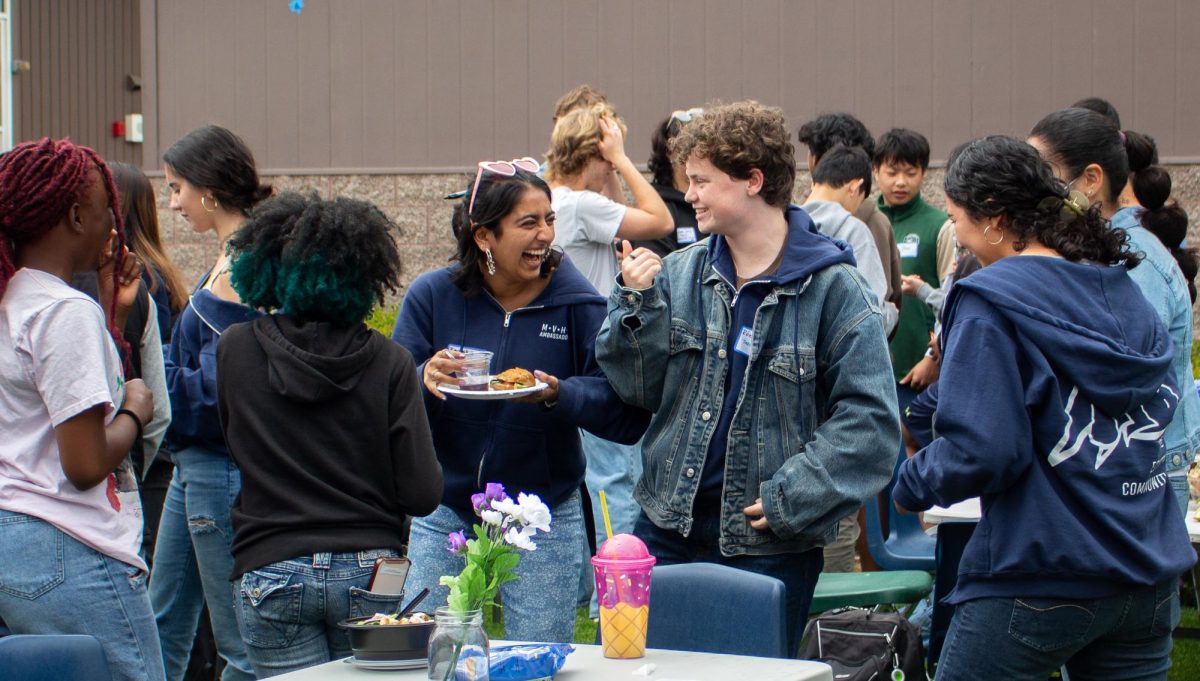
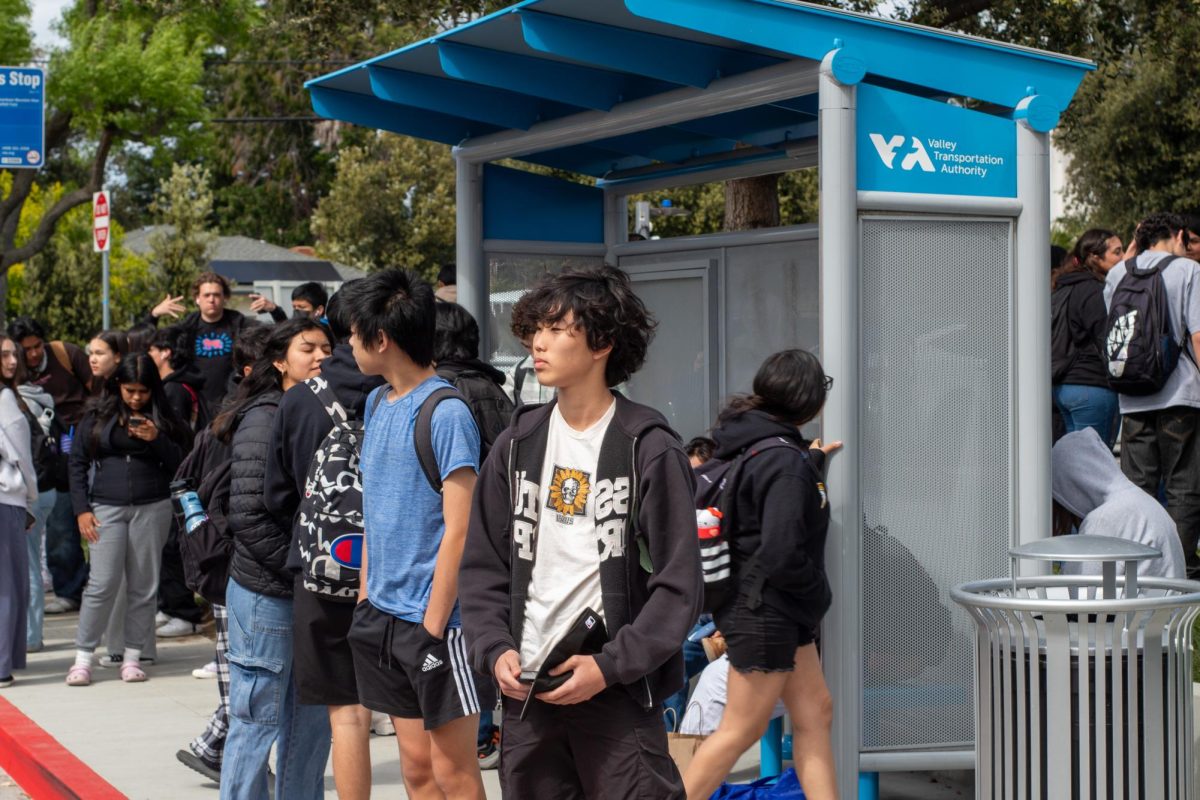
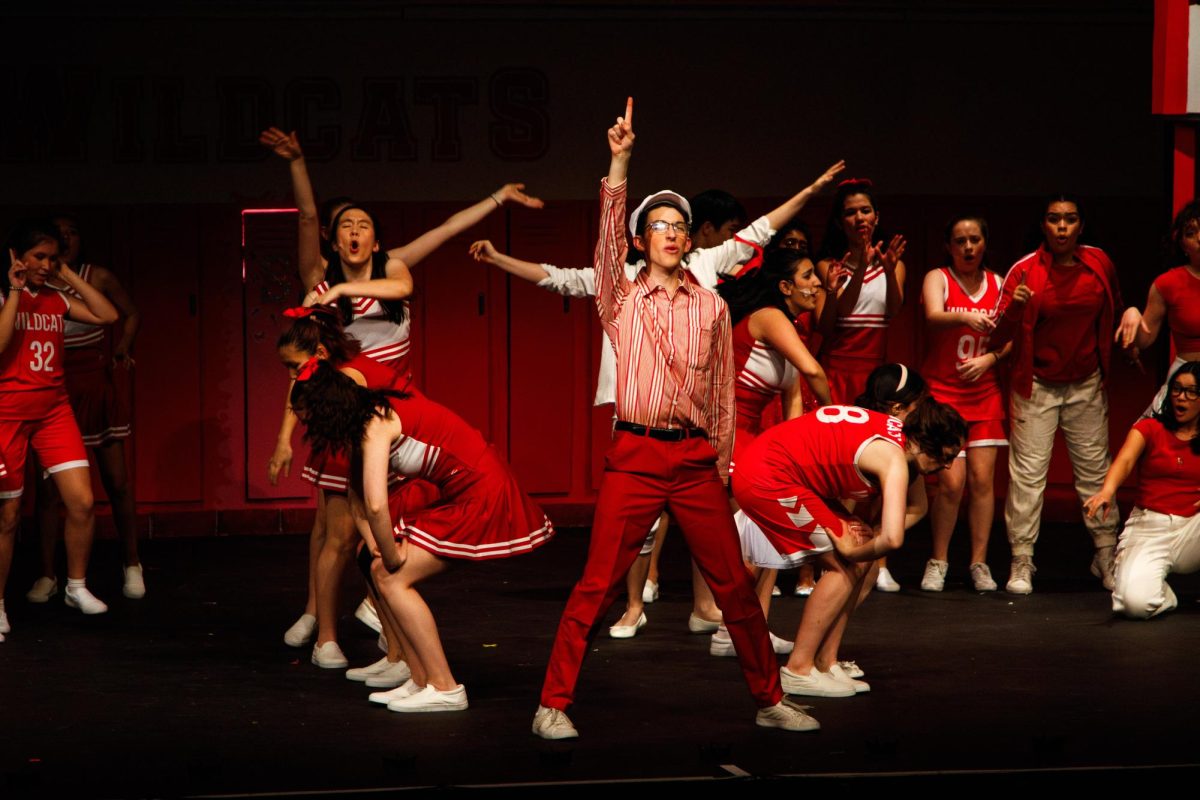
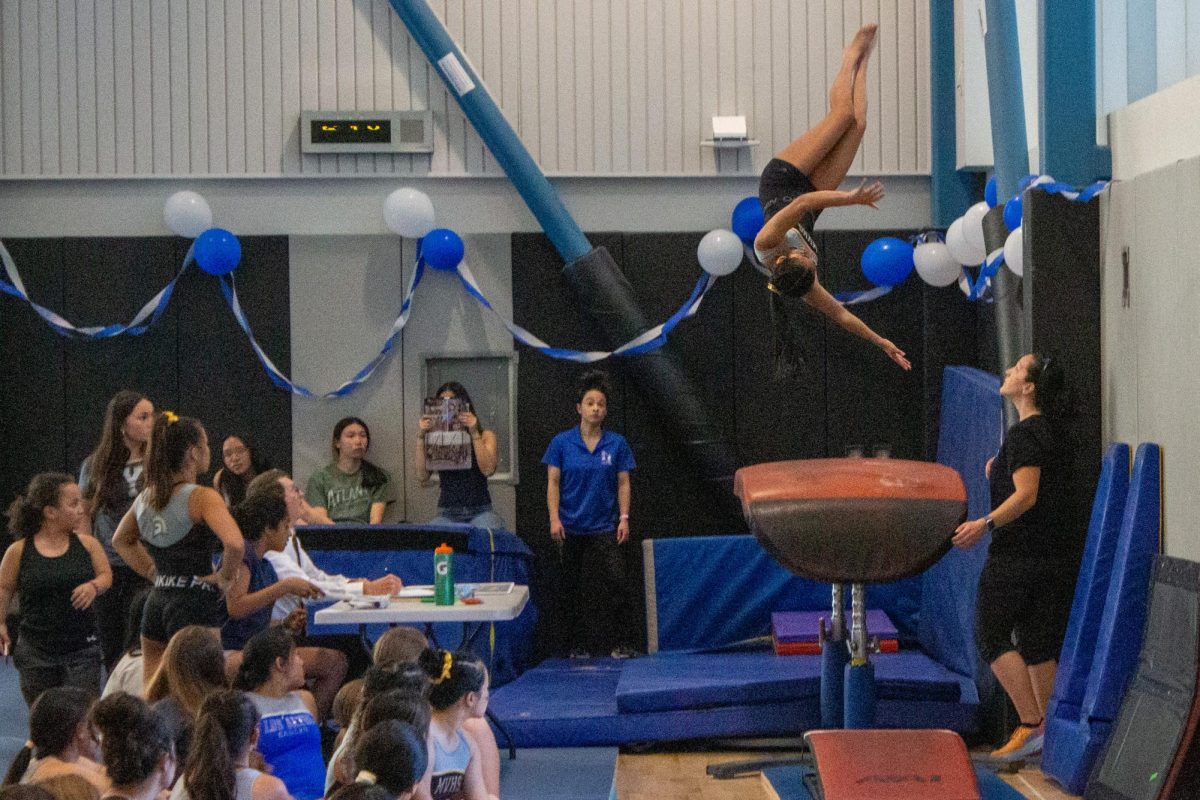
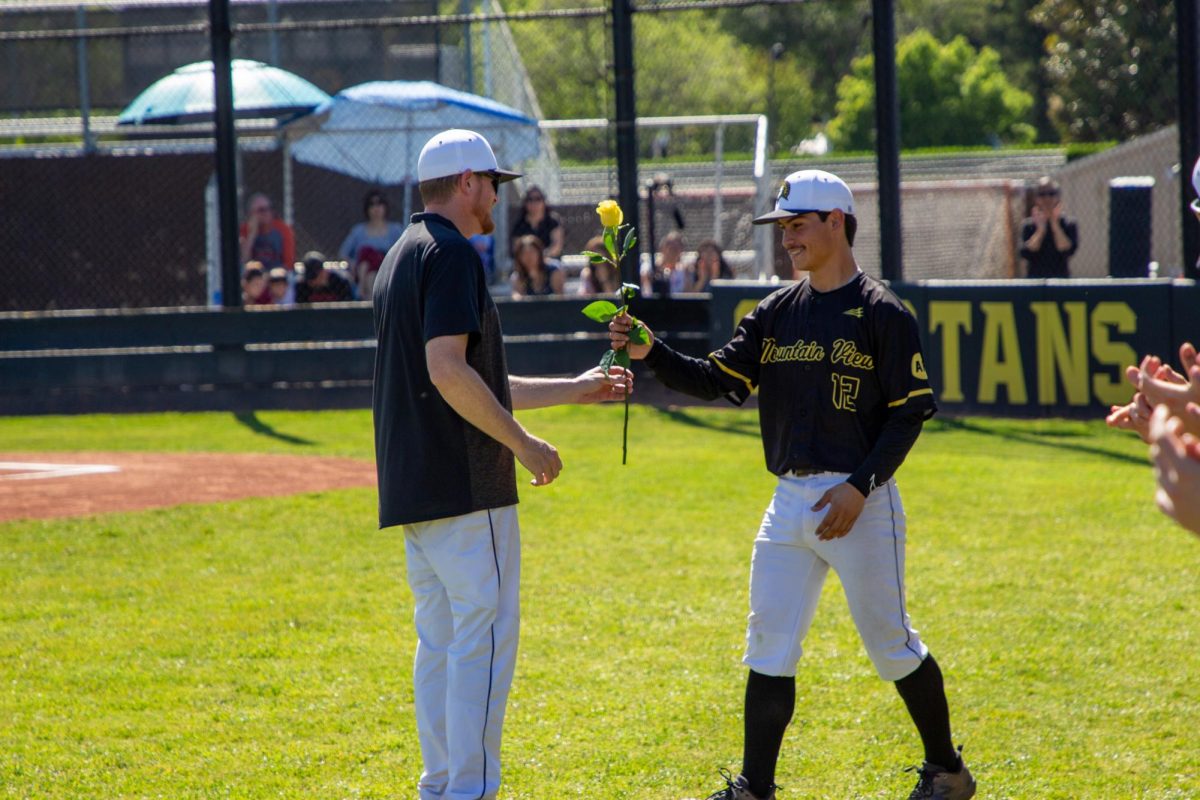
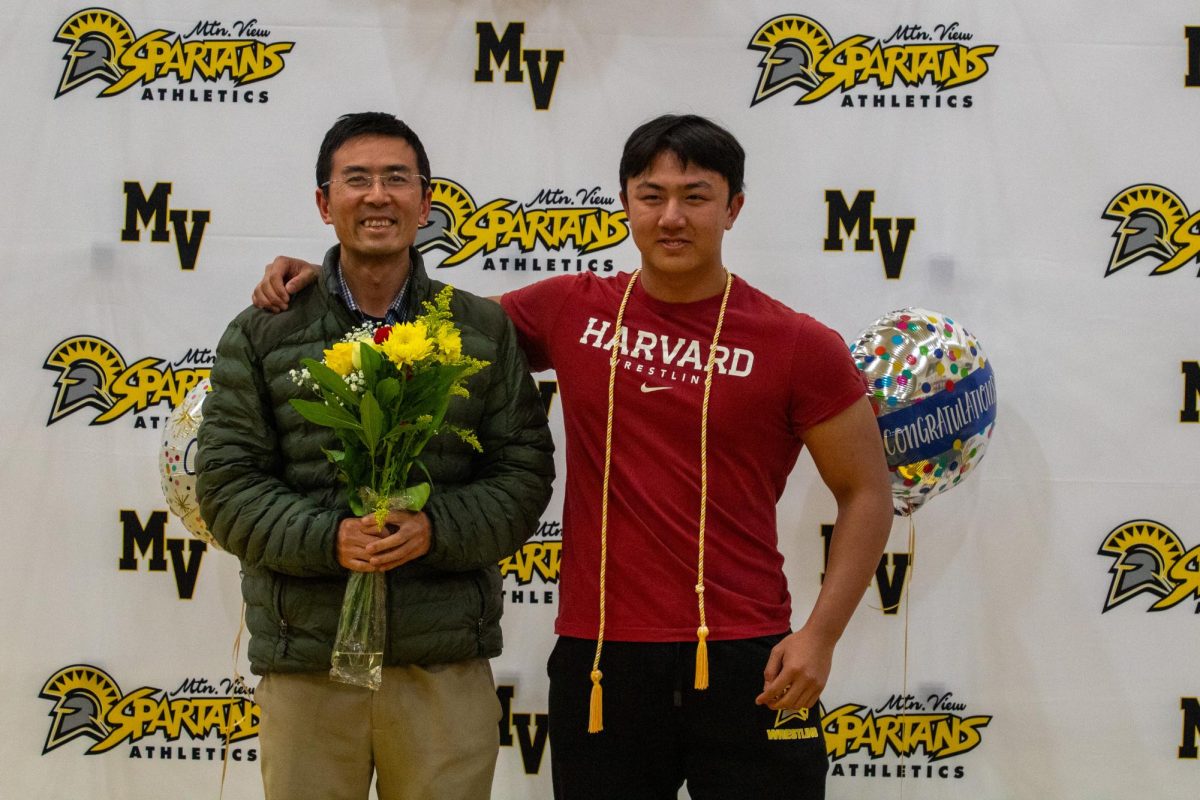
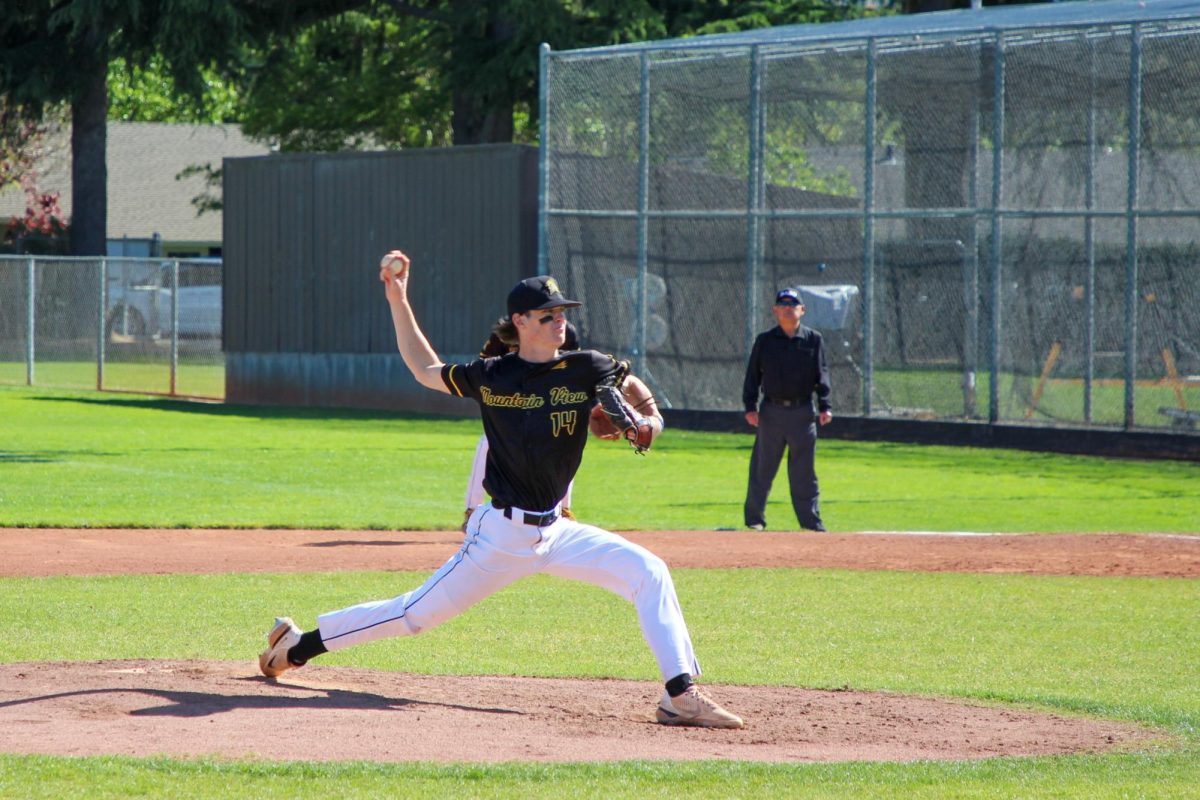
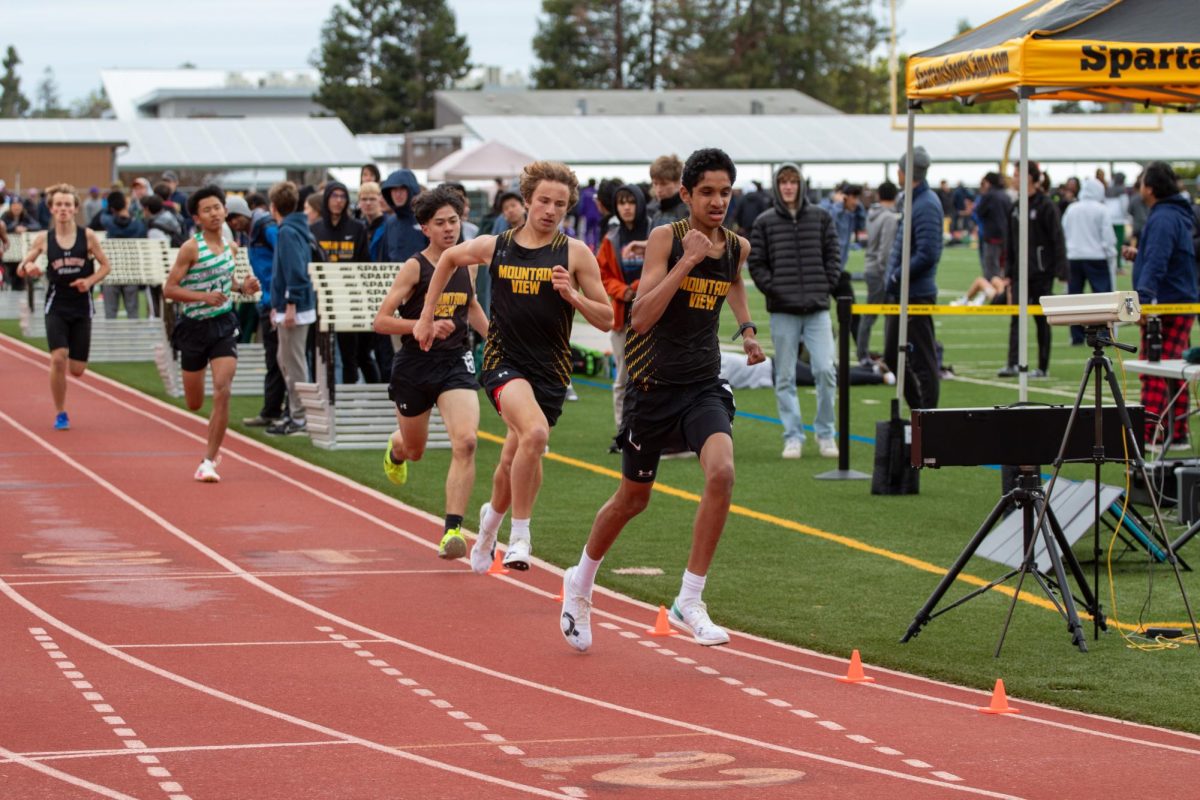

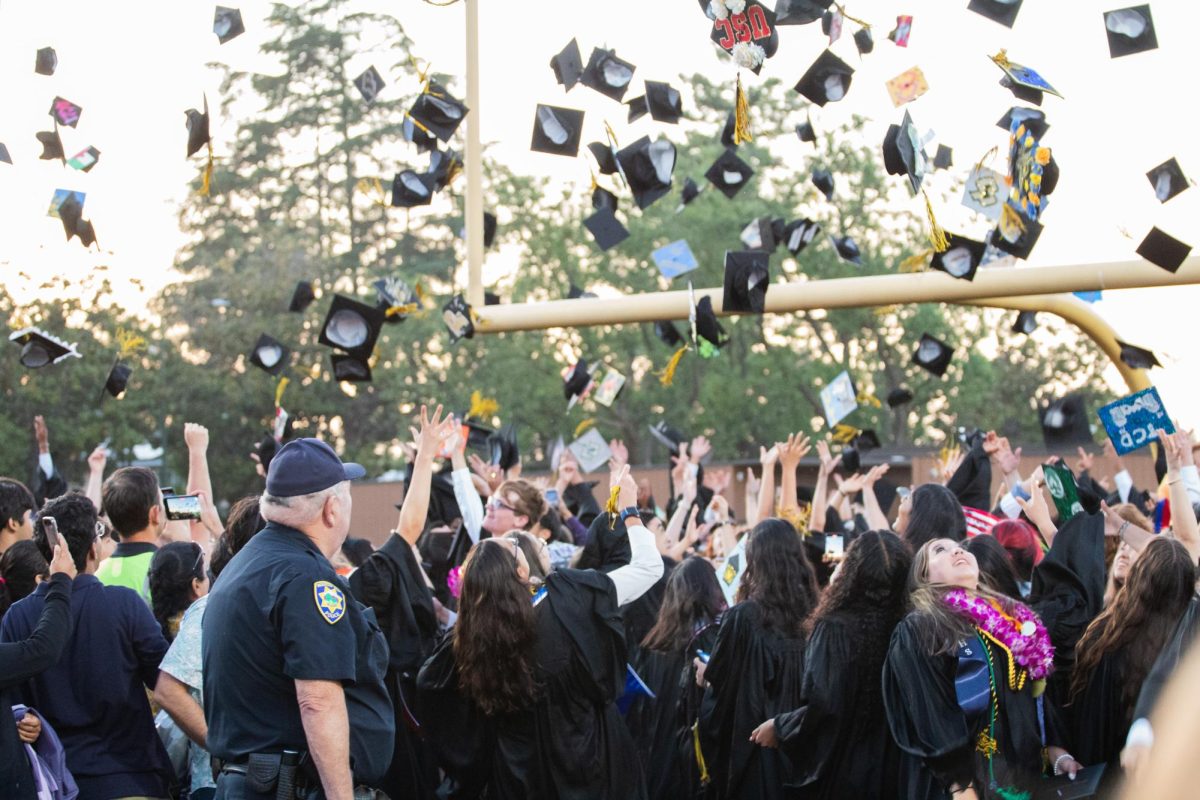
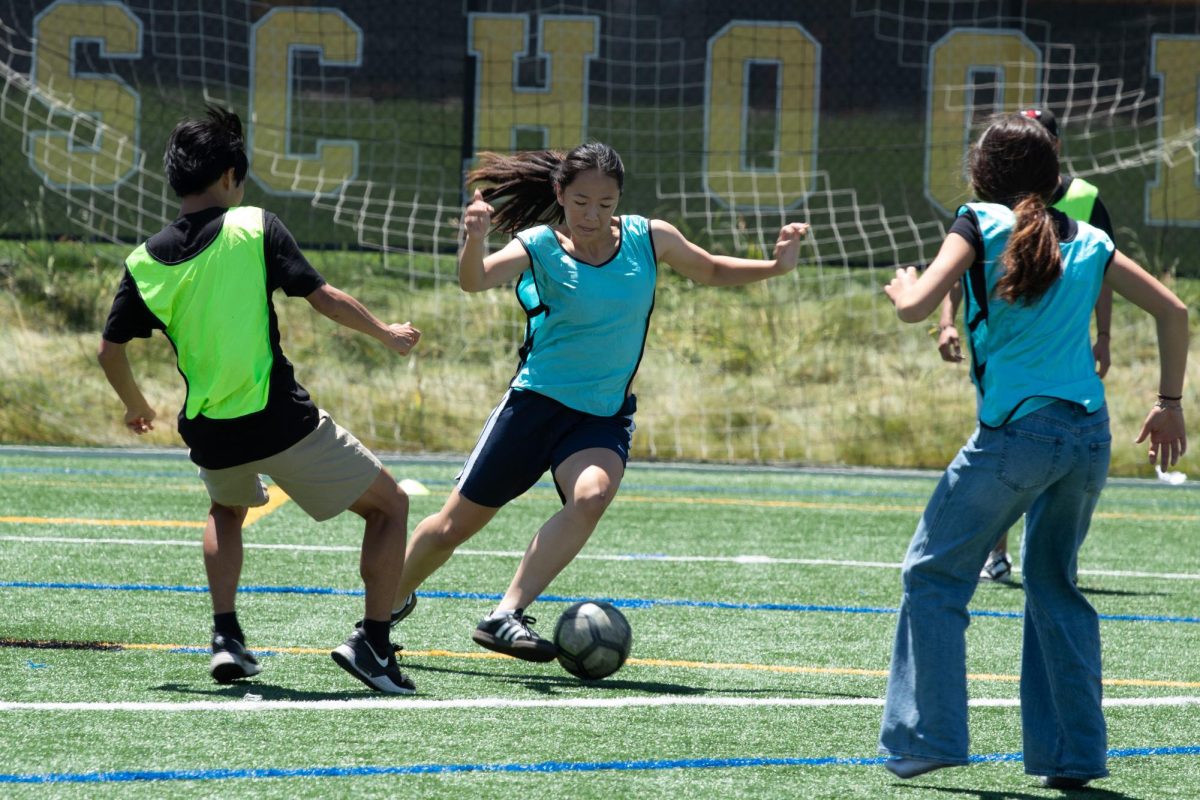
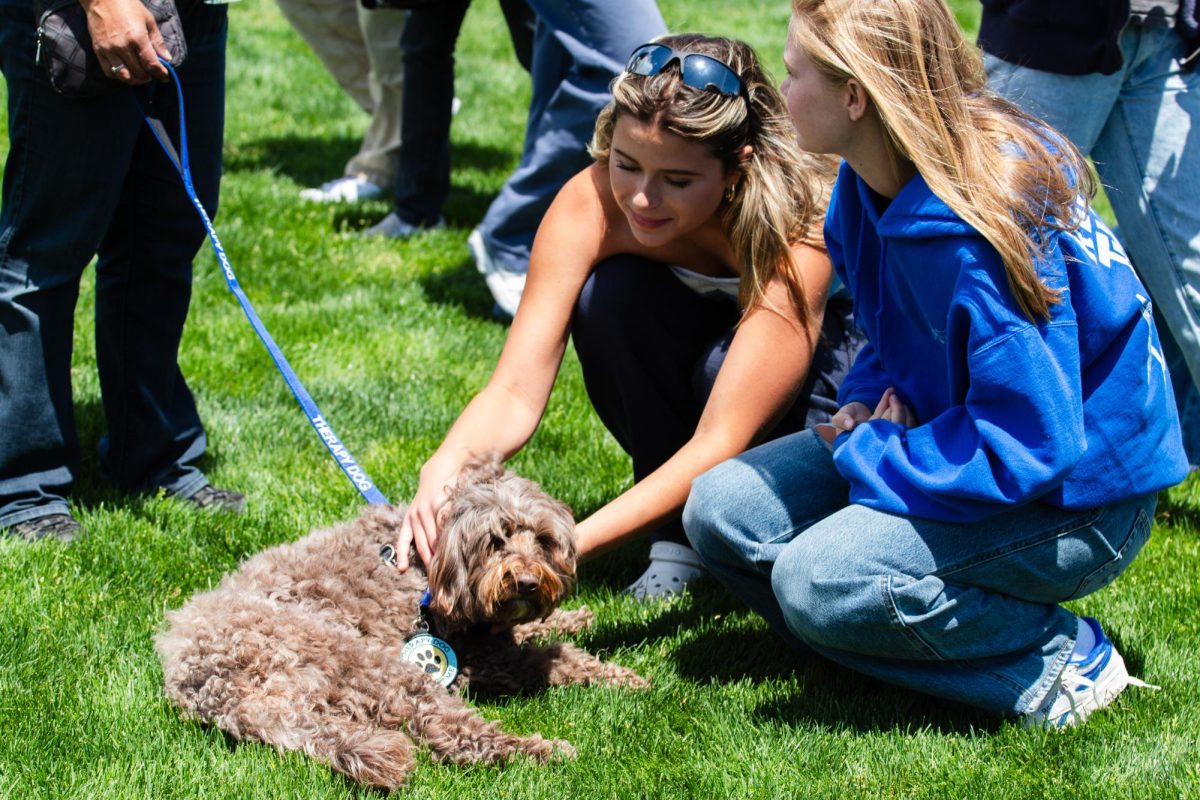

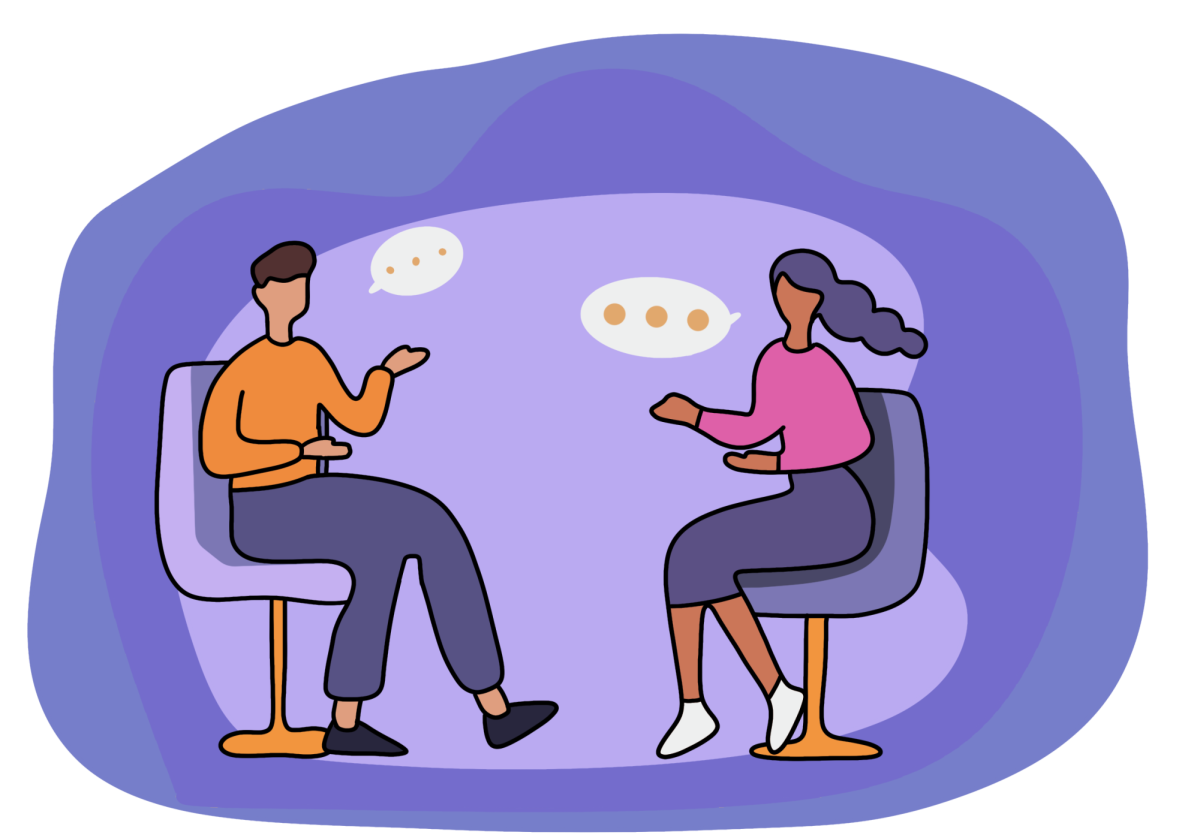

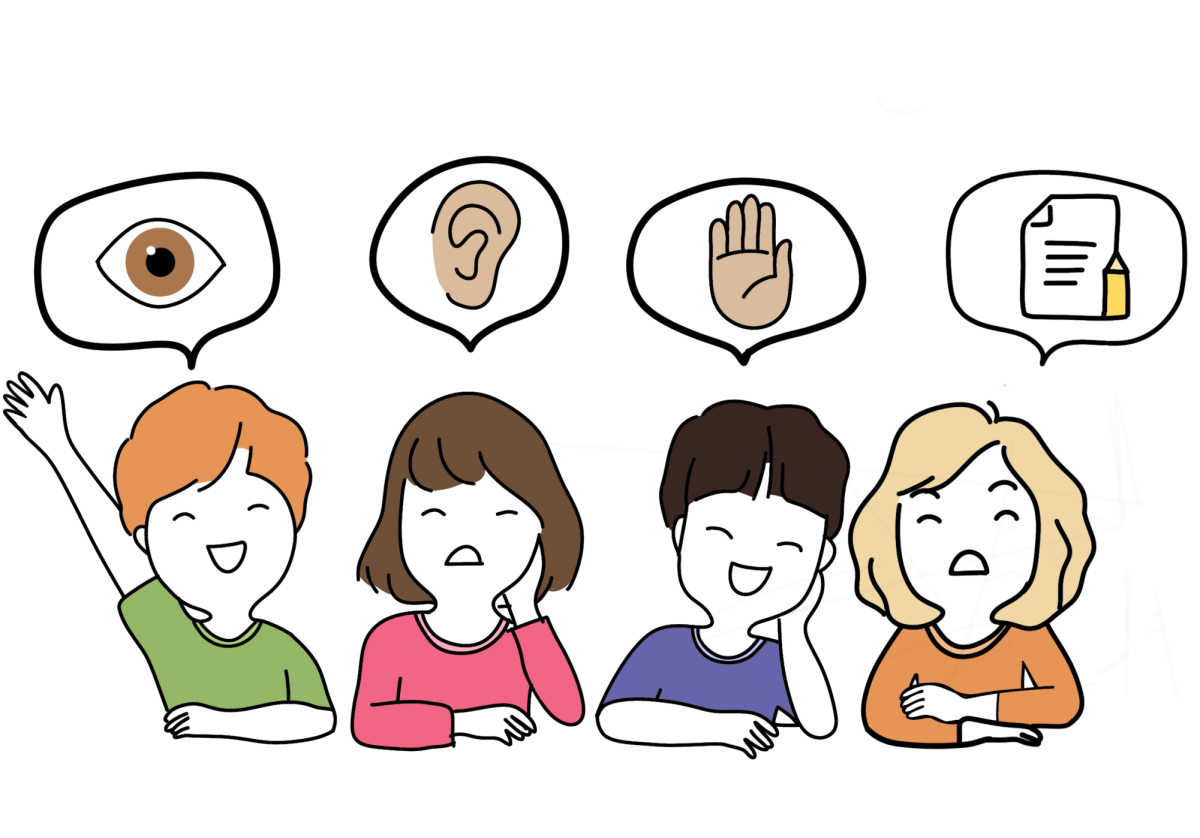



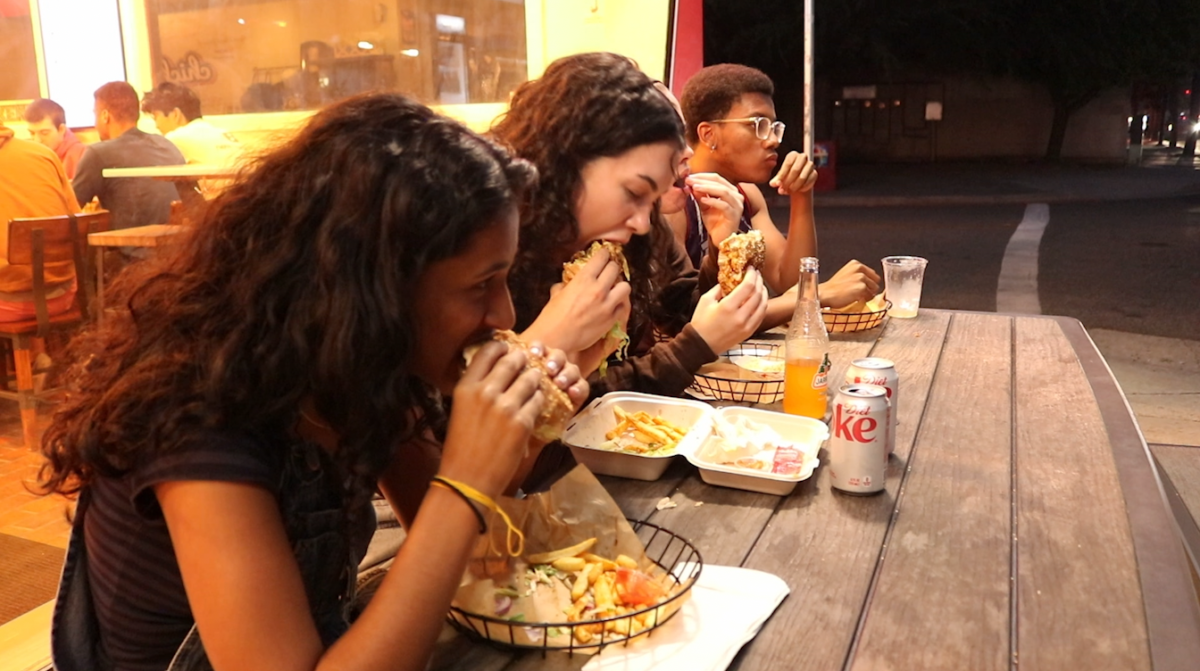
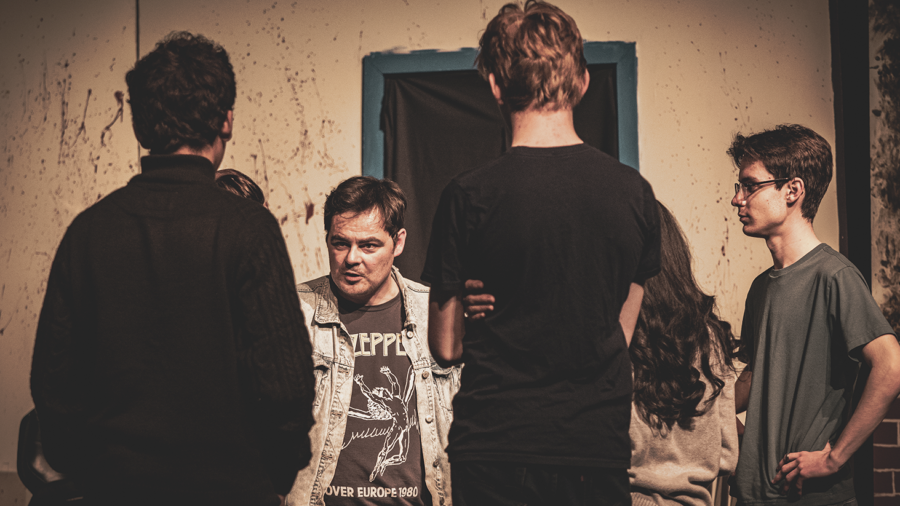
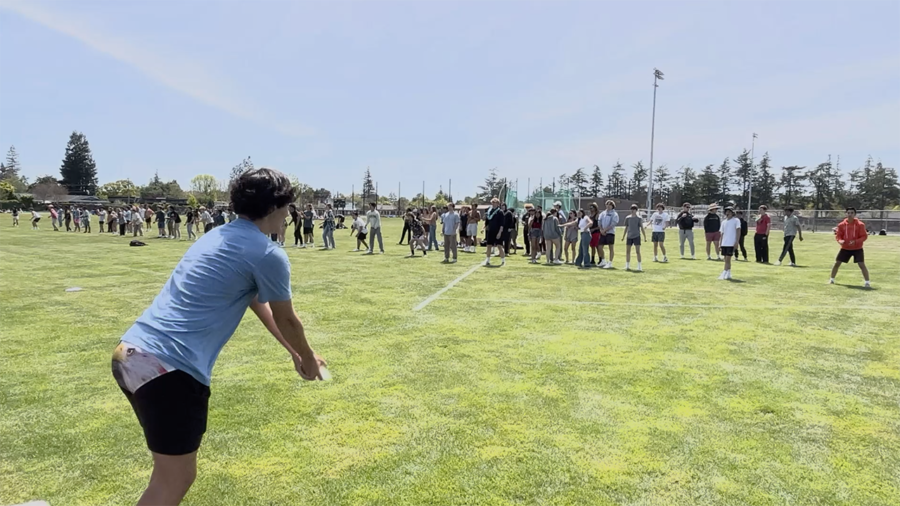


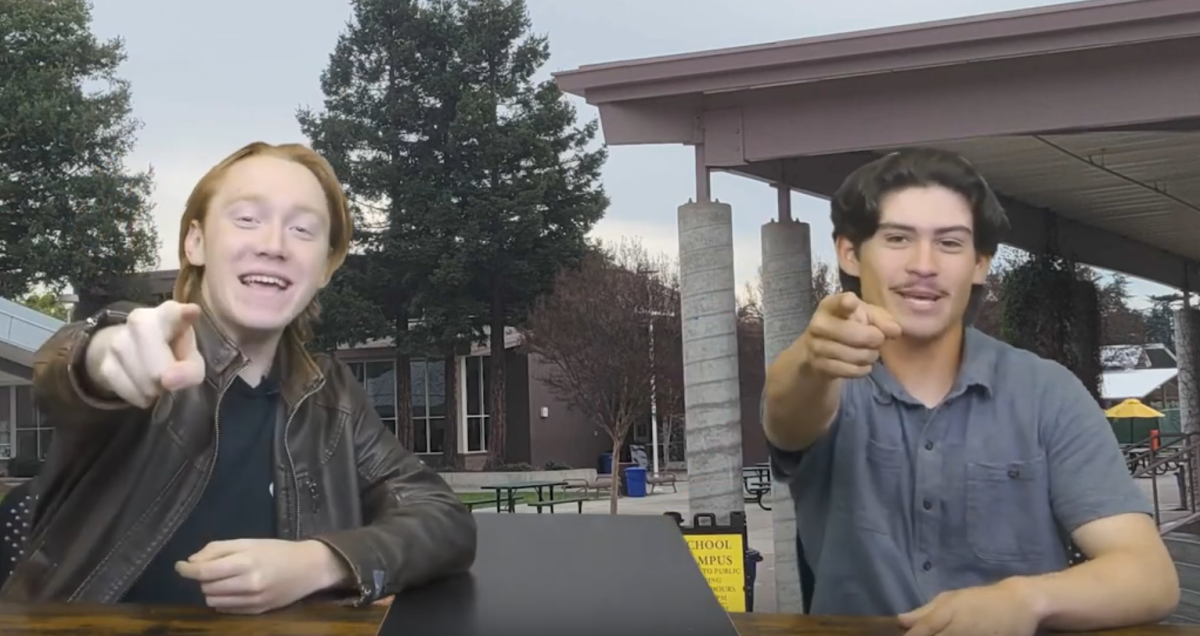

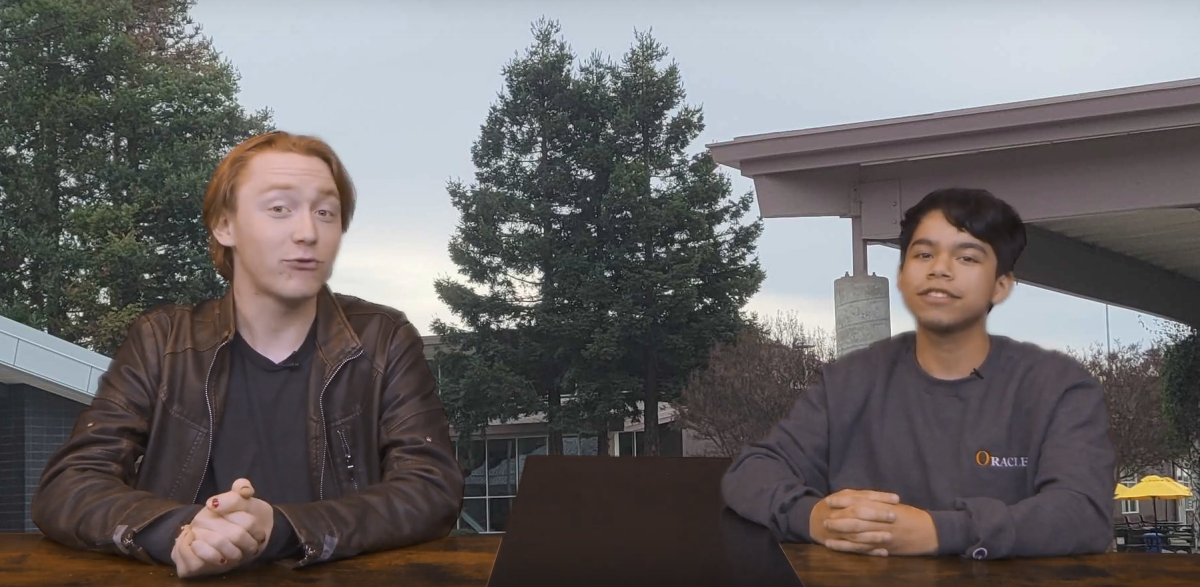
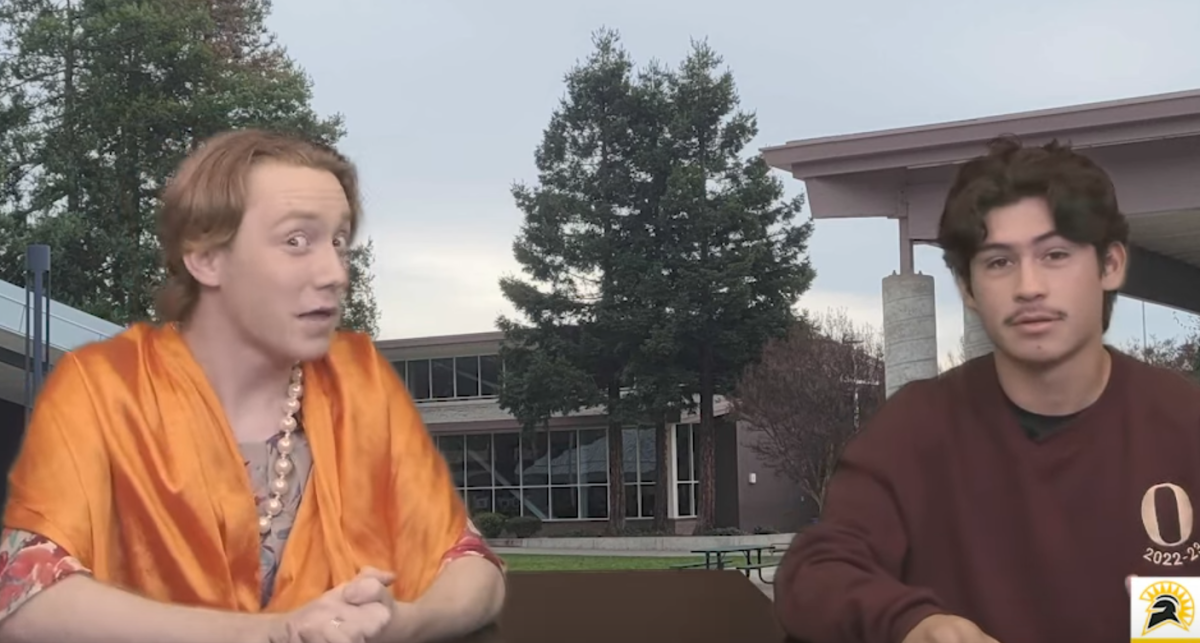


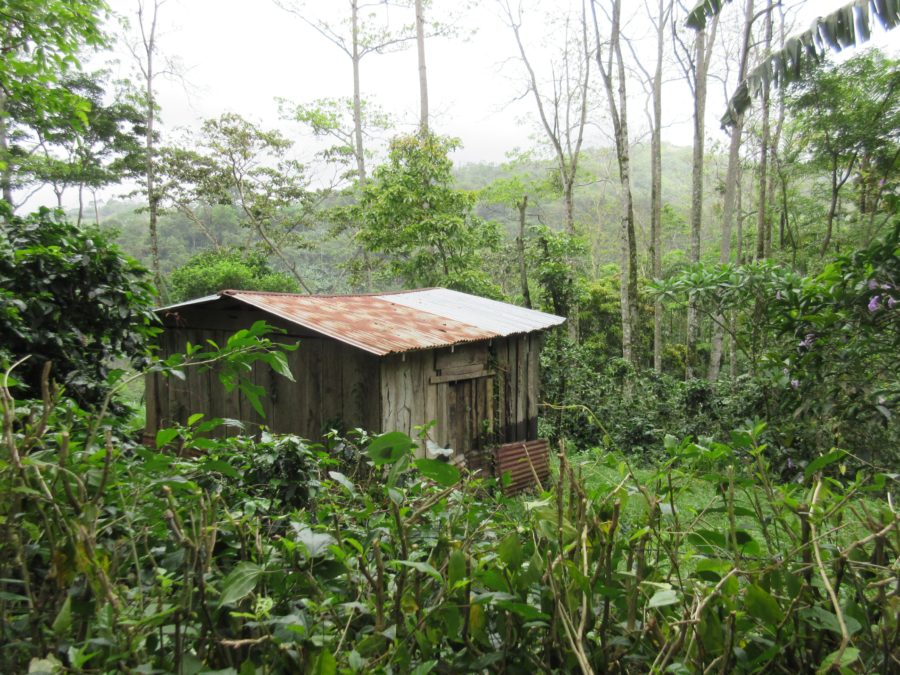
Kitty Madden • Sep 12, 2015 at 5:37 pm
sorry I missed seeing you in Nicaragua, India. I am a long time friend of Pastor Debbie Weatherspoon and am presently in the north on a “gratitude tour” as I thank folks here who have so generously supported us in our work at the Casa Materna in Matagalpa. Not sure if we will have a chance to meet each other but I deeply appreciate your “returning home” reflection. I am in Los Altos until early Wed. You could let Debbie know if we might be able to meet.
Bienvenida” as you go about the process of once again, “crossing cultures.”
Joyce Furr • Sep 12, 2015 at 7:11 am
India, I enjoyed hearing about your trip so much and I’m glad it meant so much to you to make that connection with another culture. Hope the new outlook you have acquired will be with you for a long time and can be used in our American culture. Many blessings, Aunt Joyce
Christine Welter • Sep 11, 2015 at 5:02 pm
India, I enjoyed reading your article. Our son went to Nicaragua a few years ago and reported similar experiences. It helps to look at our American way of life through a different lens.
Try to keep this lens for a while and go back to it, when the stresses of Junior Year get to you. I don’t know how many adults have shared with you that no one ever asks for your high school diploma and looks at your grades after age 20, and no one will ask for your college diploma after age 25.
It’s good to have those, yes, I am all for education and I have a couple of diplomas on the wall; but it’s more important to enjoy what you are doing and find your place in society and meaning in life. Our society is too competitive.
Alle the best,
Christine
Richard and Elizabeth Howle • Sep 11, 2015 at 7:58 am
India, although we have never met you, we feel we know you through your grandparents, Hoytt and Laura, who have been our friends for nearly 50 years. We now know why they are so proud of you. Your article is beautifully written and expresses your insights in intelligent and beautiful language. We congratulate you on your article and wish the very best for you!
The Howles